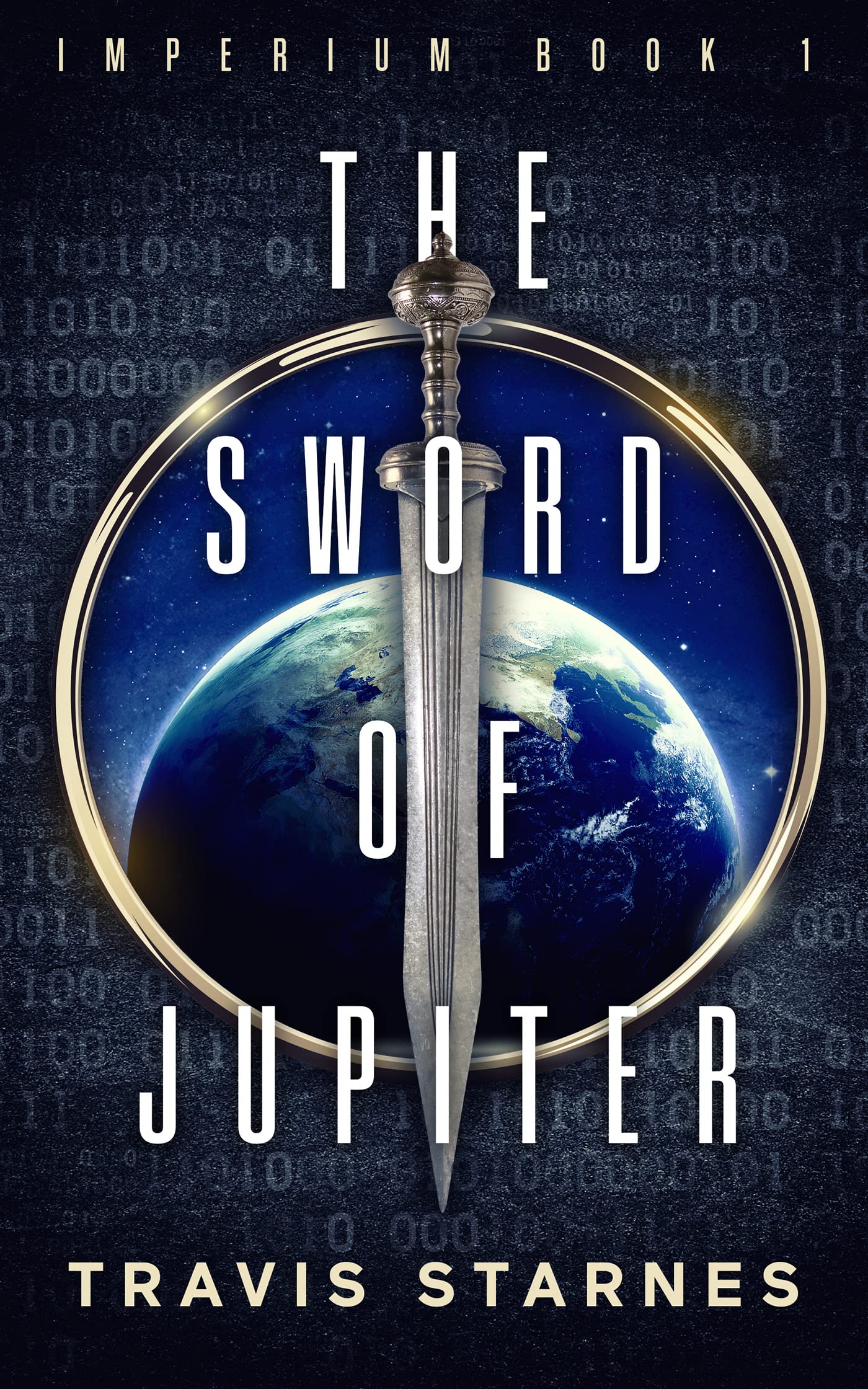[ad_1]
In an enthralling blend of science fiction and historical intrigue, The Sword of Jupiter drops readers into a universe where time is not merely a linear progression but a battleground for survival. The narrative opens with a gripping scenario: Lieutenant Commander Ky, a pilot of a prototype faster-than-light spacecraft, is thrust into an alternate reality—a world where Rome has crumbled under the might of the Carthaginian Empire. This imaginative premise poses a tantalizing question: what if history had taken a different route?
The author skillfully crafts a vivid landscape where the remnants of Roman culture collide with the relentless ambition of Carthaginian forces. As Ky navigates this ancient past that never was, he grapples not only with external threats but also with his own sense of identity and purpose. The presence of a tactical AI implanted in his mind adds a unique twist, making readers ponder the implications of technology in human survival. Can artificial intelligence bridge the chasm between future knowledge and ancient wisdom?
What truly shines in this narrative is the exploration of human resilience. Ky’s journey is not just about physical survival; it’s a quest for belonging reflecting the renewed demand for that feels alien. The author invites us to think profound themes: Can a modern man forge alliances with those who live in a time so distant? How does one navigate the complexities of trust and cooperation when the stakes are nothing less than the survival of a civilization?
The prose is as rich as the historical tapestry it weaves. Each page pulls you deeper into a world that feels both familiar and fantastical. The characters are well-drawn and resonate with authenticity; their struggles and triumphs mirror our own, even across the vast chasm of time. The stakes are high, and the urgency palpable, offering readers a thrilling ride that is as intellectually stimulating as it is entertaining.
Moreover, the pacing of the narrative keeps you on the edge of your seat. Just when you think you’ve grasped the complexities of Ky’s situation, the plot twists in unexpected directions, ensuring that predictability is left at the door. That’s not merely a tale of battles and conquests; it’s a meditation on what it means to adapt, to survive, and ultimately, to hope in the face of overwhelming odds.
As you delve into the pages of The Sword of Jupiter, you will find yourself not just a spectator, but an active participant in a saga where the past informs the present, and the future hangs in the balance. This book is a testament to the power of storytelling, a reminder that even in the darkest of times, there is always a flicker of light, a seed of possibility waiting to be nurtured.
For lovers of speculative fiction, this volume captivates and challenges, offering a fresh perspective on how history might have unfolded. As the narrative unfolds, it beckons you to think your own place in the continuum of time and existence. A truly remarkable read awaits those brave enough to embark on this journey.
[ad_2]








